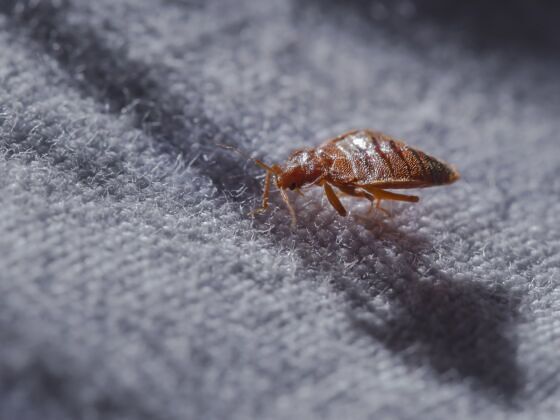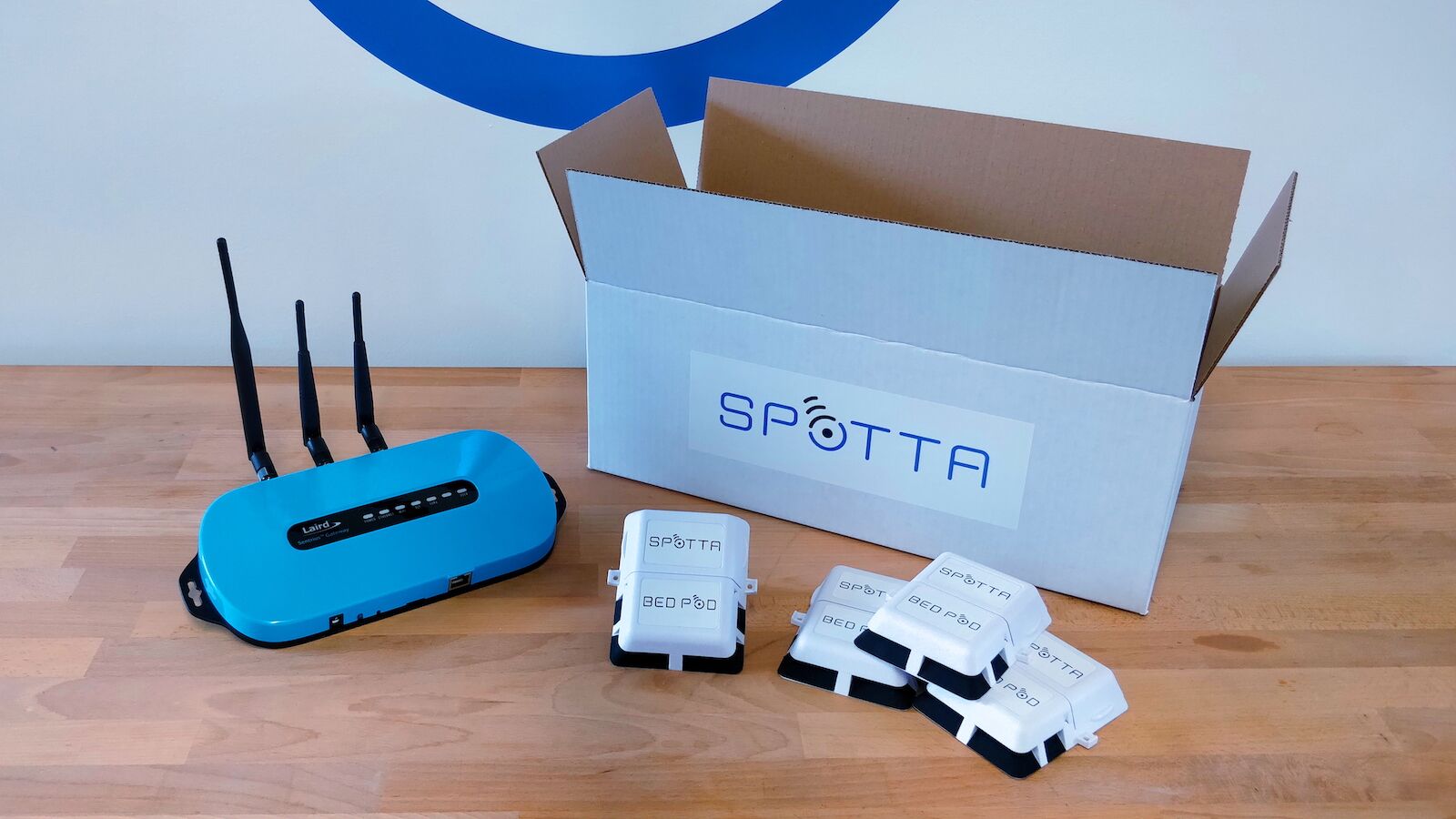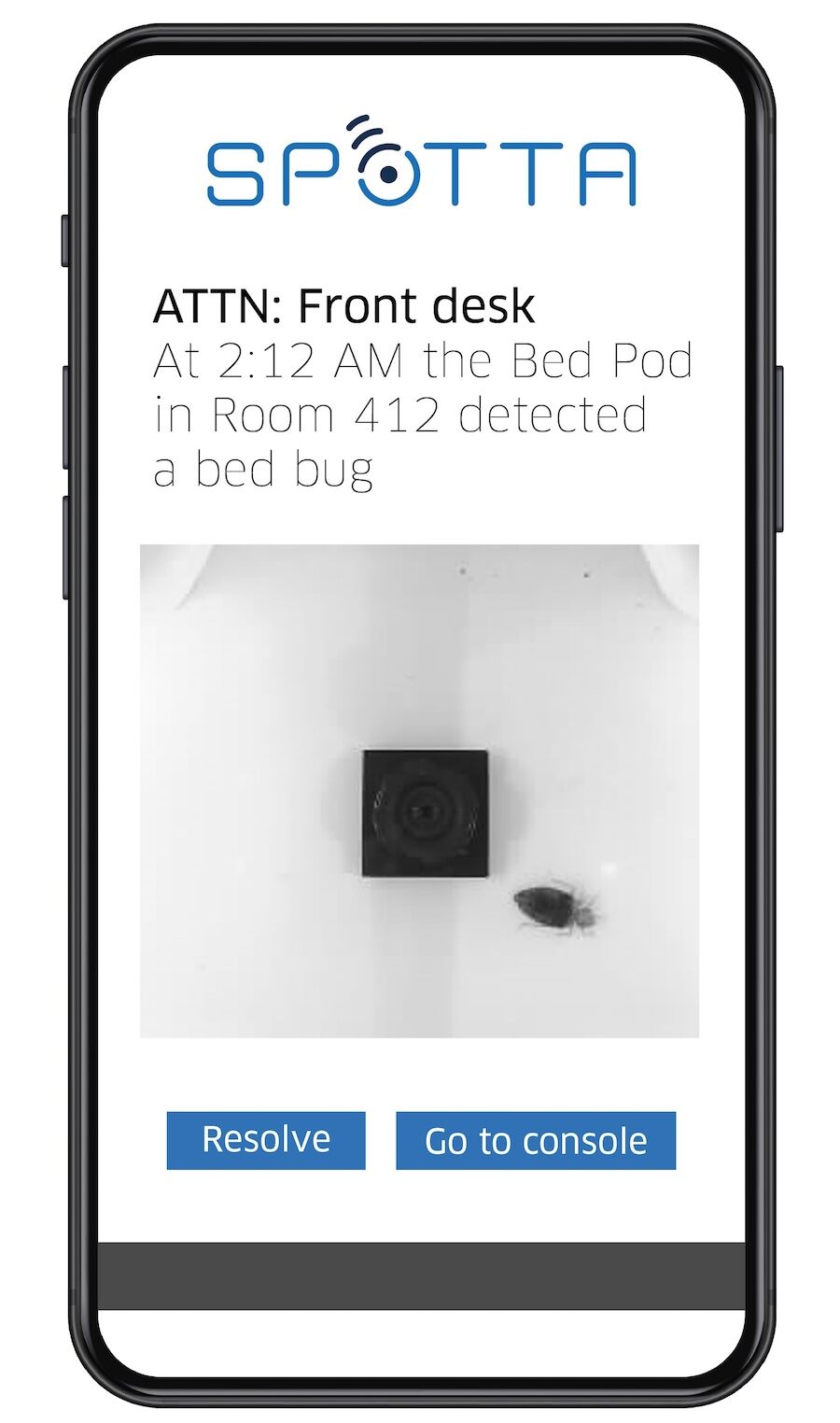Bed bugs are a hotel’s worst nightmare. The small critters tend to live in a variety of places, but particularly enjoy setting camp in mattresses and box springs, and in cracks on bed frames and headboards. Because bed bugs are active at night, hotel housekeeping staff, who work during daylight hours and have a limited amount of time to spend in each room, don’t always notice them. It is hotel guests who are more prone to finding out about their presence, whether by noticing them crawling around when they go to bed or by getting bitten while sleeping. Unsurprisingly, hotels would rather guests never be faced with bed bugs, and certainly don’t want to rely on them for detection. Spotta’s Bed Pod, a bed bug detection device, helps monitor hotel beds 24 hours a day, seven days a week, allowing for early detection and preventing widespread infestation. Spotta is 94 percent effective at detecting bed bugs before guests or staff.

Spotta, created in 2018 and first implemented in hotels in 2020, received a lot of interest in the fall of 2023 when Paris was dealing with what looked like an infestation of epic proportion. The Paris bed bug scourge sparked fear throughout Europe, turning Spotta into a beacon of hope for hoteliers. At the time of writing, Spotta’s Bed Pods are present in three million guest rooms across 15 different countries, including in the biggest hotel brands in the world, such as Marriott, Hyatt, Hilton, Accor, Mercure, M&L Hospitality, and more, Robert Fryers, Founder and CEO of Spotta, explains in a phone conversation.
How does Spotta work?
Spotta’s Bed Pod is a small plastic device the size of a pack of cards and less than one-inch thick that consists of two parts: a battery-operated cartridge that emits pheromones and a trap designed so perfectly that bed bugs can’t resist it. The device, of which only one is needed per bed, is placed in bed bugs’ favorite place: between the bed frame and the mattress along the headboard. The size and the location of the device allows it to be discreet and not create a bump that may alarm or bother hotel guests. Fryers says that he never received any complaints from hotels that guests find the device troublesome.

Photo: Spotta
Once placed between the bed frame and the mattress, Spotta’s Bed Pod, which comes with its own wireless network, monitors the presence of bed bugs around the clock. If one bed bug enters the trap, it is photographed, and an email alert is sent to the hotel management immediately with the time and location of the detection, allowing them to act at once and take measures to remediate the blood-thirsty insects, whether with insecticide, steam, or other methods. Because each female bed bug can lay one to three eggs per day (200-500 eggs in her lifetime), early detection and rapid intervention are key to prevent widespread contaminations. Once a bed bug has been trapped in a Bed Pod, the device is replaced with a new, clean one to continue monitoring.

Photo: Spotta
While a Bed Pod can potentially attract other types of critters, the photographs taken by the device is quickly examined by Spotta’s algorithms to ensure that it is indeed a bed bug inside the trap, avoiding spreading panic for a simple and harmless insect. Note that the device only photographs what is located inside the trap and does not breach guests’ privacy.
Spotta’s Bed Pods have no expiry date. While the batteries on the device need replacing every six month, the device can remain in place for ever.
While some hotels are very upfront about their use of Spotta, going as far as using stickers to inform guests about the presence of a Bed Pod in a room, others prefer to keep things quiet. The mere mention of bed bugs, even in preventive measures like Spotta’s Bed Pod, can potentially scare guests away. If you find a Bed Pod in your hotel room, there’s no need to worry; it only means that the hotel you’re staying at is doing their best to prevent an infestation, which can happen anywhere, in five-star establishments and roadside motels alike.
The future of Spotta
While Bed Pods are currently only used in hotels and establishments such as care homes, Fryers explains that it will likely become available in Airbnbs and other types of accommodations in the future. Not only that but early detection devices for other types of pests, namely cockroaches, are in the works.